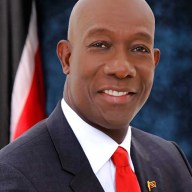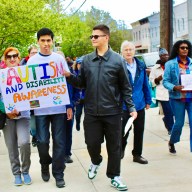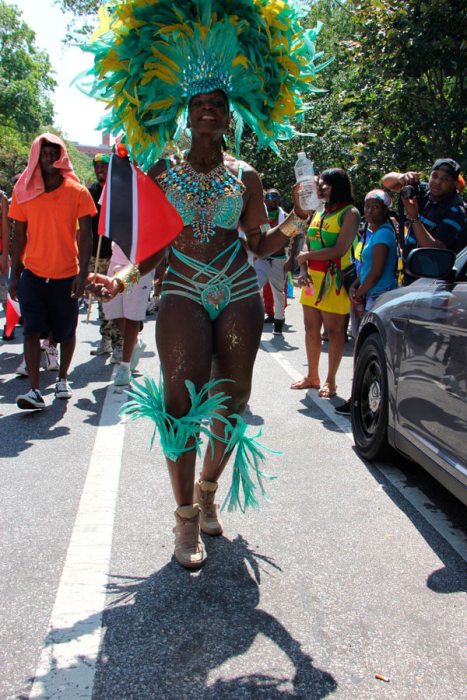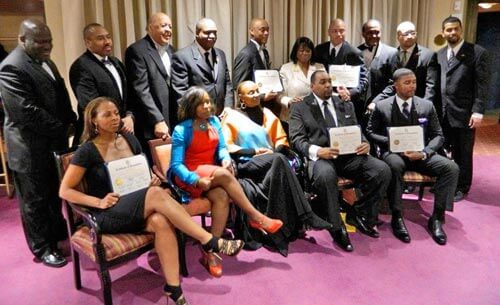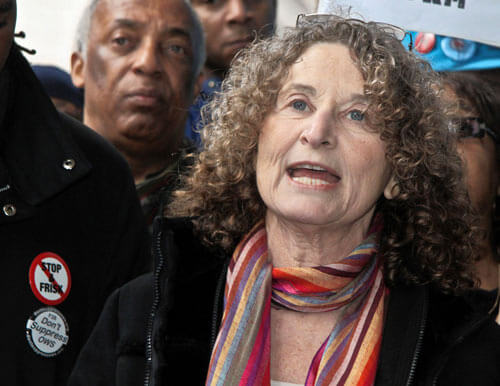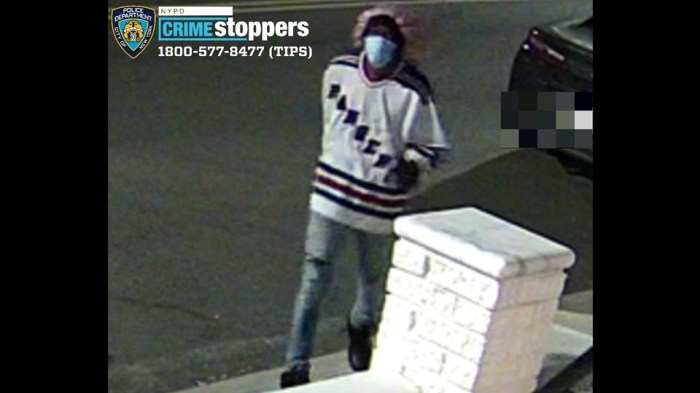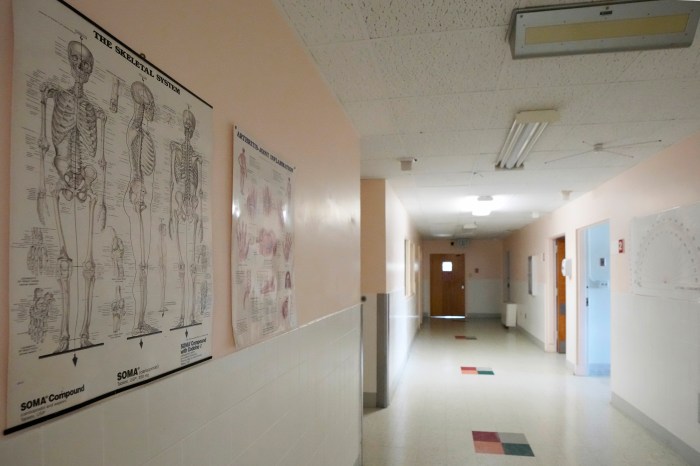A federal district court judge in Manhattan, presiding over three significant stop-and-frisk lawsuits that could fundamentally change New York City’s strategy for preventing street crimes, has determined that NYPD officers had systematically crossed the line by routinely stopping people outside the buildings without reasonable suspicion that they were trespassing and ordered the NYPD “to cease performing trespass stops” outside vcertain private buildings in the program, unless officers have reasonable suspicion, a legal standard that requires officers to be acting on more than just a hunch.
Judge Shira A. Scheindlin’s decision was the first U.S. federal ruling to find that the practice, under New York City Mayor Michael Bloomberg administration, violates the Fourth Amendment protection against unreasonable search and seizure. It focused on police stops conducted in front of several thousand private residential buildings in the Bronx enrolled in the “Trespass Affidavit Program.”
In her ruling, the judge aimed much of the criticism at the training the Police Department provides officers, which she said suggested sidesteps the Fourth Amendment. She said much of the evidence in the case “strengthens the conclusion that the NYPD’s inaccurate training has taught officers the following lesson: Stop and question first, develop reasonable suspicion later.”
“If New York City has any sense, it will use this ruling as an opportunity to start a wholesale reform of stop and frisk,” said Christopher T. Dunn, a lawyer for the New York Civil Liberties Union, one of the groups representing the plaintiffs.
Property managers in that program have asked the police to patrol their buildings and to arrest trespassers.
“While it may be difficult to say where, precisely, to draw the line between constitutional and unconstitutional police encounters, such a line exists, and the NYPD has systematically crossed it when making trespass stops outside TAP buildings in the Bronx,” Judge Scheindlin ruled.
Observers say while the judge’s decision applies to only one of the lawsuits, Ligon v. the City of New York, the cases share some core constitutional issues.
NYPD commissioner, Raymond W. Kelly, who has rejected the ruling, contends that the program, also known as Clean Halls, gave residents of the Bronx buildings “a modicum of safety for less prosperous tenants. Their landlords explicitly requested this extra level of protection.
Then judge’s decision, Kelly contends, that it unnecessarily interferes with the department’s efforts to use all of the crime-fighting tools necessary to keep Clean Halls buildings safe and secure,” he said.
Brooklyn Councilman Jumaane Williams, himself a victim of an unlawful arrest during the West Indian American Day Carnival Parade, has hailed a judge’s decision to strike down part of the New York Police Department’s (NYPD) “stop-and-frisk” practice.
“I thank Judge Scheindlin for standing up to the abuses of the stop, question and frisk tactic and standing up for the residents of the Bronx who have been unfairly targeted and unjustly arrested,” Williams, who was illegally arrested by the NYPD during the West Indian American Carnival Parade two years ago, told Caribbean Life.
“As a former tenant organizer, I actually support the existence of programs like ‘Clean Halls,’ which promote a stronger relationship between communities and the police and make tenants feel safer,” the representative for the 45th Council District in Brooklyn added.
“However, because of the NYPD’s overzealous behavior, trust has degraded to the point that it is difficult to discern worthwhile initiatives,” he continued. “ I believe that this will improve the great work that most of ‘New York’s Finest’ already do every day, by revising training measures and better defining when it is proper to conduct a stop, question and frisk,” he said.
Williams said the judge’s ruling was a “legal victory” that, “hopefully, augers well for the battles to come. “Ultimately, we must seek a complete end to the NYPD’s current policy towards stop, question and frisk and pursue a public safety strategy that ensures better policing and safer streets for all,” he added.



